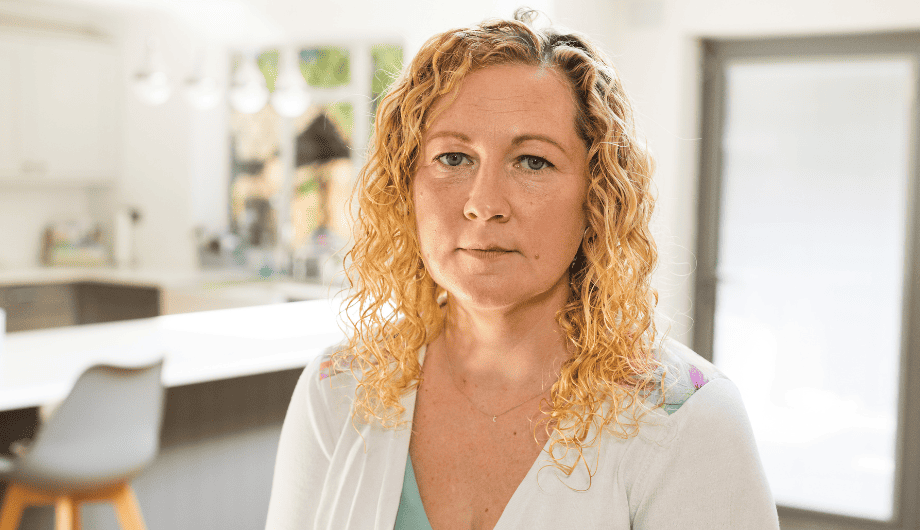
Saïna’s story – A song for my beloved grandpa, Ralph
Saïna opens up about how her grandfather’s dementia has affected her, and how songwriting has provided a release.
Making the decision to get help with caring for a person with dementia at home can be a difficult step to take – but it is very important that both you and the person you care for receive the help you need.
Accepting you need help with your caring responsibilities can be a difficult step.
But while you might feel that you are ‘failing’ as a carer, giving up or letting the person down, home care and support can benefit both you and the person you care for.
It can:
There are various different types of home help for you and the person with dementia. These include:
A volunteer or paid carer could help with:
Family and friends can be a great source of informal support.
You might feel uncomfortable accepting their offers of help or actively seeking support, but people often want to help – sometimes they just don’t want to interfere, or are unsure of what you need.
You could suggest things they could do to make your life easier, such as:
It is important that you maintain your own relationships with family and friends to avoid becoming isolated and lonely. If it is hard to leave the person with dementia at home alone or arrange respite, you could ask family and friends to come to you.
In many areas, there are community support services that can help you in your caring role. These may be voluntary or paid for, often at a nominal cost.
You can find out what’s available by contacting your local council, the person’s GP or social worker, or the Admiral Nurse Dementia Helpline.
Community support might include:
If you care for someone with dementia, you may be eligible for funding to help with the cost of their care. This is often means-tested (based on the person’s income and savings).
To establish what help and support is needed, you will need to ask social services for a carer’s assessment (for you) and a needs assessment (for the person with dementia).
After these assessments, you will receive a report stating what healthcare, equipment, help at home and/or residential care are recommended. The person with dementia will need a financial assessment to see how much they will need to contribute towards the cost.
If you qualify for financial support, this is called a personal budget. You can decide whether you would like the local council to choose the care provider and pay them with your personal budget; or have the money paid directly to you so you can choose and pay your own carers. This is called a direct payment.
Financial benefits that you or the person with dementia may be able to claim include:
It is important to take your time to find the right carer to support the person with dementia. A good first step is to find out which agencies provide care in your area by using the Homecare Association’s search tool.
You could also speak to other local families who use home carers and ask for their opinions.
The following tips may be useful:
Some people prefer to use an independent/private carer who is self-employed, rather than working for an agency.
There are benefits to this – for example, you will have the same carer every time, and they can build a greater rapport with the person with dementia. They may also be more flexible and less rushed.
If you go down this route, ensure you take all of the factors above into account, and also consider things like what will happen if the carer is ill or on holiday, and what insurance they have in case of accidents or breakages.
For any questions or concerns about finding help and support at home, contact our free Dementia Helpline on 0800 888 6678 (Monday-Friday 9am-9pm, Saturday-Sunday 9am-5pm, every day except 25th December), email helpline@dementiauk.org or you could book a phone or video appointment with a specialist dementia nurse.
Our virtual clinics give you the chance to discuss any questions or concerns with a dementia specialist Admiral Nurse by phone or video call, at a time that suits you.

Saïna opens up about how her grandfather’s dementia has affected her, and how songwriting has provided a release.

Ricky’s talks about how his Gran’s dementia diagnosis impacts his whole family and why he is supporting the ‘We live with dementia’ campaign.

As a carer for her mum, who has vascular dementia, Clare is taking part in our ‘We live with dementia’ campaign to make more people aware of the support our nurses offer.